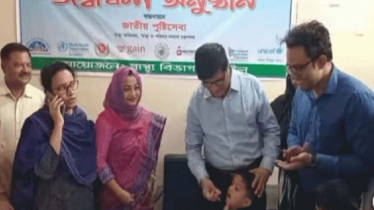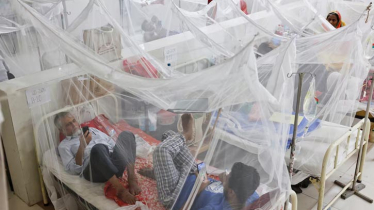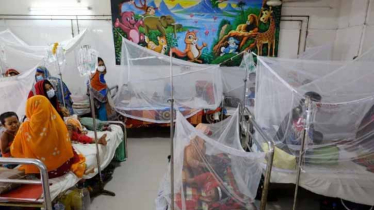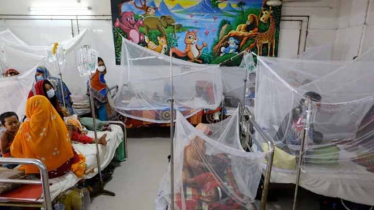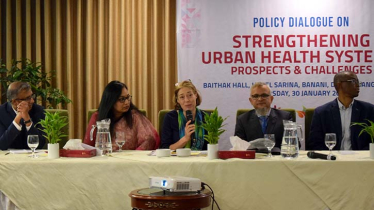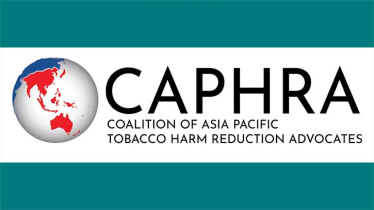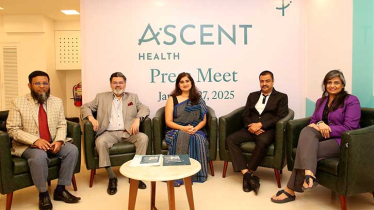
'Women means strength, women means power', but when the women are affected by a frightful disease like cancer, her performance is lost and she becomes morale weak and one such disease is cervical cancer or uterine cancer.
The number of deaths worldwide due to this disease is high. Bangladesh is not out of it. The prevalence of this disease is high among women aged 15-45 years.
Faria got married at 18 and she became a mother of a child two years later. Becoming mother is a joy, but it was not for Faria. Meanwhile, Faria came to know that she is suffering from cervical cancer.
At first, she became scared and thought he was going to die. Later, she visited a physician and came to know that this disease can be prevented.
Like Faria, many young women of the country are affected by cervical cancer. A report of the information of International Agency for Research on Cancer or IARC published in 2023 said that 8,268 new women are diagnosed with cervical cancer in the country every year. Of them, 4,971 women die due to cervical cancer every year.
According to the data of National Cervical and Breast Cancer Screening and Training Center, only 20 percent of women between 15 and 60 years in the country have been brought under test so far.
Cervical cancer is mainly caused by Human papillomavirus (HPV). Just one dose of the HPV vaccine can prevent cervical cancer if a woman receives the vaccine between the ages of 10 and 14.
In 2016, around 30,000 10-year-old girls were given HPV vaccines through a pilot project in Gazipur.
Later, on March 12, 2021, the Global Alliance for Vaccines and Immunizations (GAVI) approved Bangladesh for the HPV vaccine. In July 2022, the HPV vaccination program was started across the country, but it did not exist more.
In 2023, data collection of female students from primary to secondary levels across the country began for HPV vaccination to prevent cervical cancer. Subsequently, a plan was made to vaccinate the girl students between 10 and 14 years of age with a single dose.
Free vaccination is administered in Bangladesh, while in developed countries all have to pay for it, which demonstrates about the sincerity towards the women and their empowerment in Bangladesh.
Messenger/Sourov

